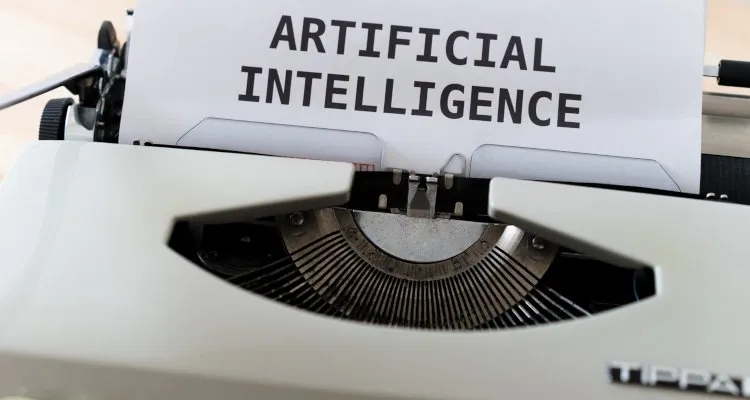Photo Credit: Markus Winkler
AI-powered music-creation platform Soundful, which says that it “enables anyone to create incredible music quickly,” has raised $3.8 million from investors including Disney, Microsoft, and Universal Music Group.
San Diego-headquartered Soundful, which was founded in 2021, just recently unveiled its “over-subscribed seed round.” Besides the mentioned Disney, Microsoft, and UMG, the year-old business drew financial support from Accenture, Ampsuite owner Beatport, and “global creative audio network” Squeak E. Clean Studios.
Currently an invitation-only platform, Soundful emphasized in its announcement message today’s “demand for unique studio-quality music,” including from “millions” of visual-media creators. Notwithstanding the massive number of new songs that release daily, however, higher-ups indicated that their company “democratizes music production and rapidly accelerates creative speed.”
This expedient creative process – which “has already attracted some of the top artists, music executives and technology veterans” – centers on “giving users access to a tool leveraging music theory-trained algorithms and one of the biggest original sound libraries ever assembled,” according to the involved professionals.
Driving home the point – and making clear AI’s role in the creation service – Soundful elaborated that it allows social media influencers to “download previously created tracks or automatically generate their own royalty-free music to perfectly fit their aesthetic without knowing how to produce music or navigate the complex music licensing landscape.”
“Aspiring creators with minimal experience can now sound like a professional by using Soundful to quickly generate ideas or hooks and beds to build on with their own creativity and style,” the text proceeds. “Using the Create button, users can leverage Soundful’s machine-learned algorithms to generate unique tracks inspired by their chosen genre.”
And on the rights front, the business communicated that “all tracks are fully licensed for use in videos, advertisements, social media campaigns, and more.” The platform “is always free for users,” its website states, with “more functionality and downloads” included in premium plans that cost “around $8 per month.”
Time will reveal the potentially far-reaching creative and economic impact of services that enable non-musicians to craft music with the assistance of artificial intelligence.
It’s hardly a secret that streaming services’ royalty rates are the subject of frequent criticism, and it was only last month that Spotify faced calls to launch an official investigation into the prevalence and playlist placements of “fake” artist profiles.
At the intersection of AI-created tracks and the growing stable of releases from “virtual” artists, Roblox-focused music-technology company Splash completed a $20 million Series A last November. “Using the Splash Pad, our intuitive AI-powered instrument,” Splash’s website explains, “players can make high quality music in minutes and stage performances to live audiences inside virtual clubs.”
Some of the associated songs have made waves on streaming services, racking up royalties from dedicated listeners – and drawing attention, compensation, and supporters away from proper artists in the process.
As if competition between actual musicians wasn’t stiff enough, the approaching months and years appear poised to bring with them a tidal wave of songs made by individuals who cannot even play an instrument. There’s something to be said for the potential commercial advantages of creative merit, but streams from undiscerning listeners pay the same as those from quality-minded fans.

